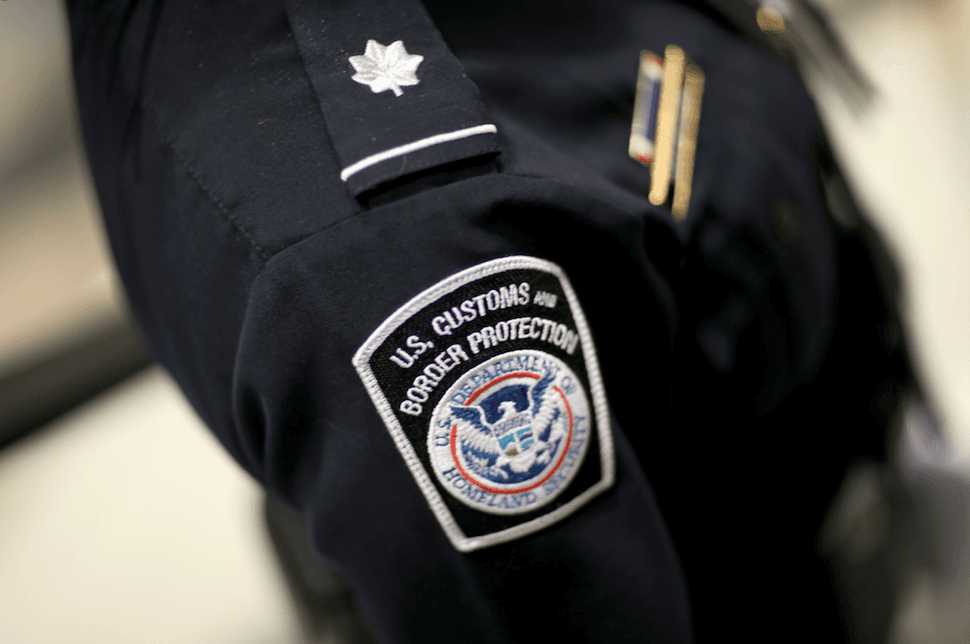WASHINGTON—New, more refined travel restrictions were issued in a proclamation by President Donald Trump late Sept. 24.
Citing national security threats, Trump placed limits on citizens from eight countries traveling to the United States.


WASHINGTON—New, more refined travel restrictions were issued in a proclamation by President Donald Trump late Sept. 24.
Citing national security threats, Trump placed limits on citizens from eight countries traveling to the United States.